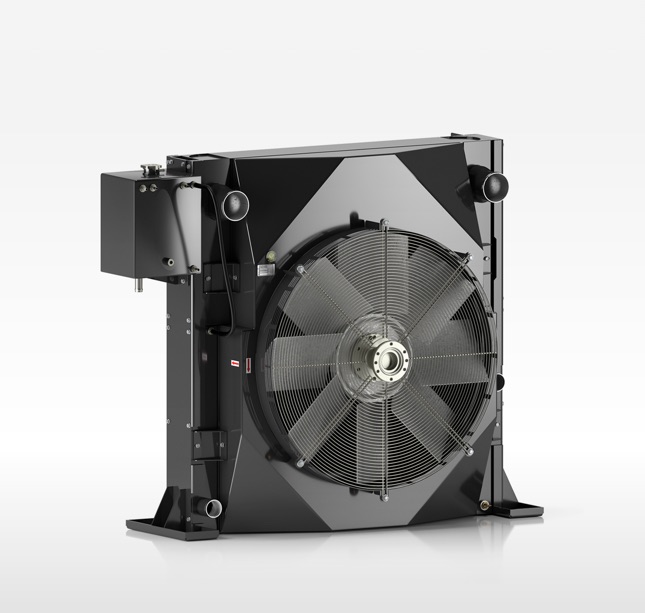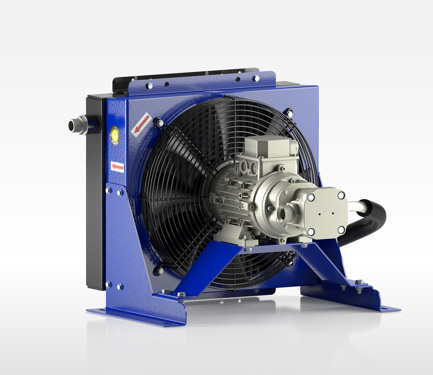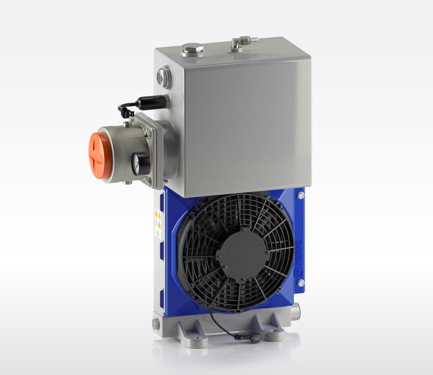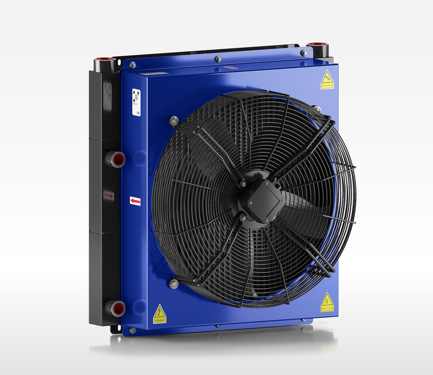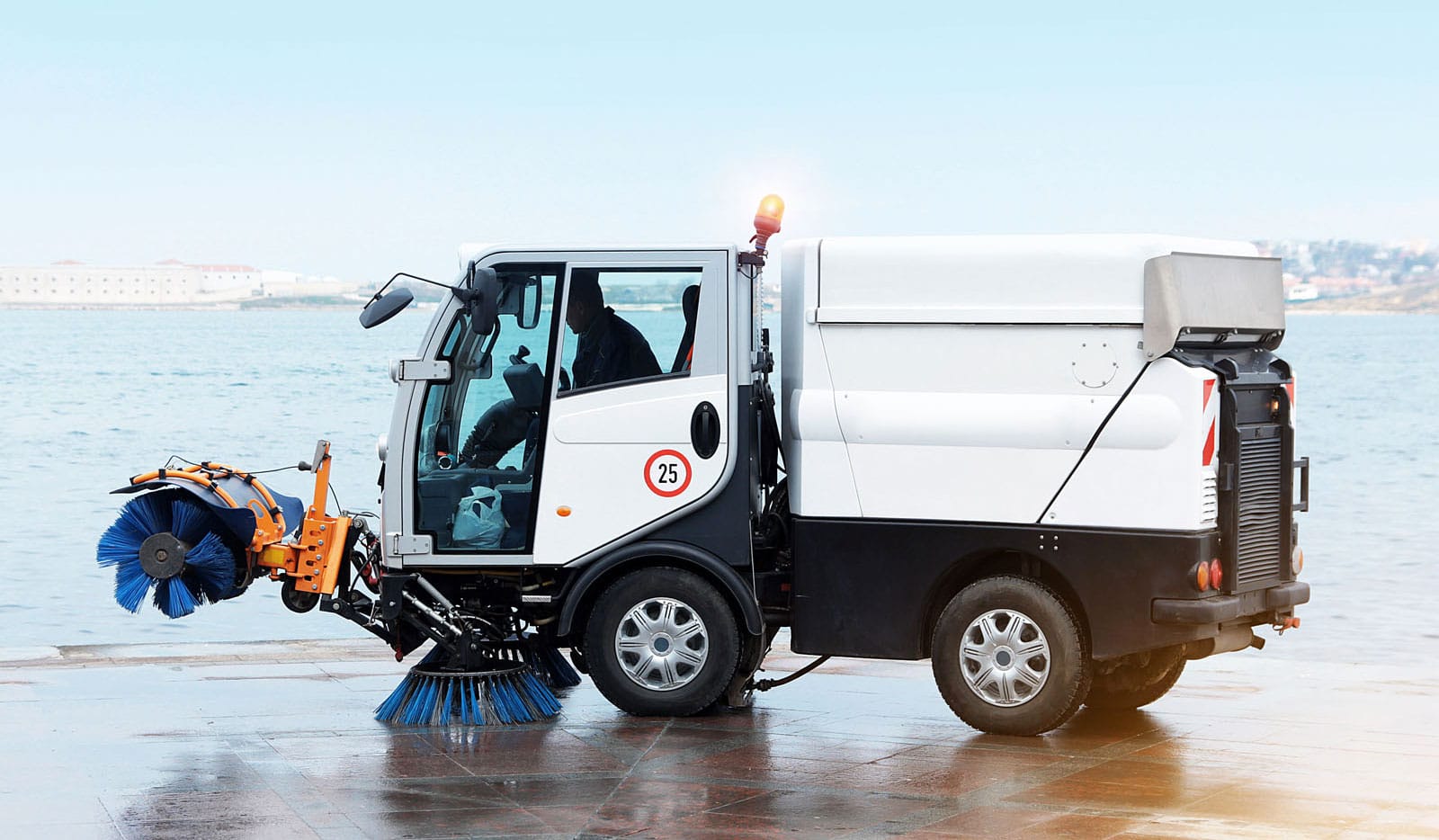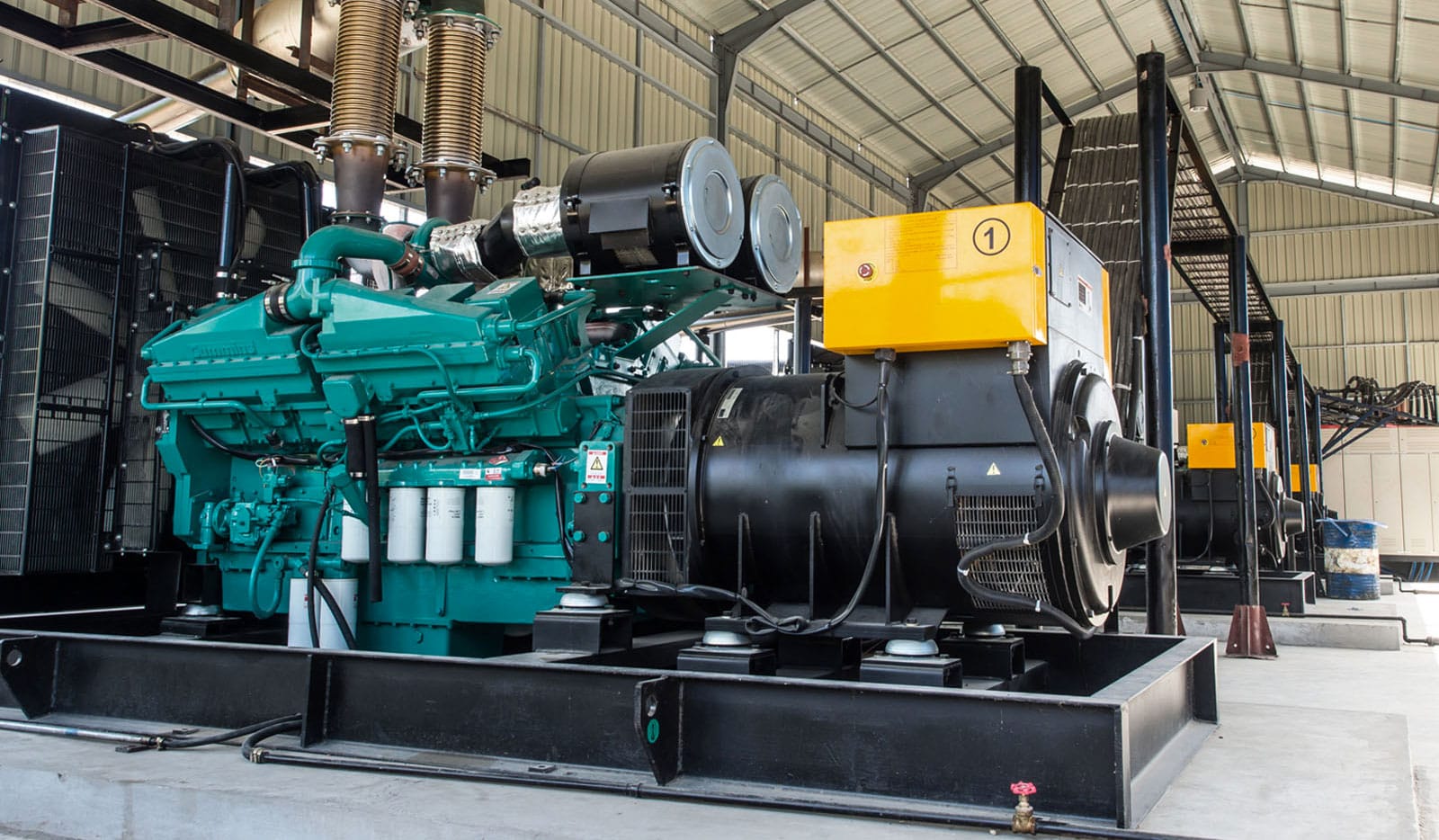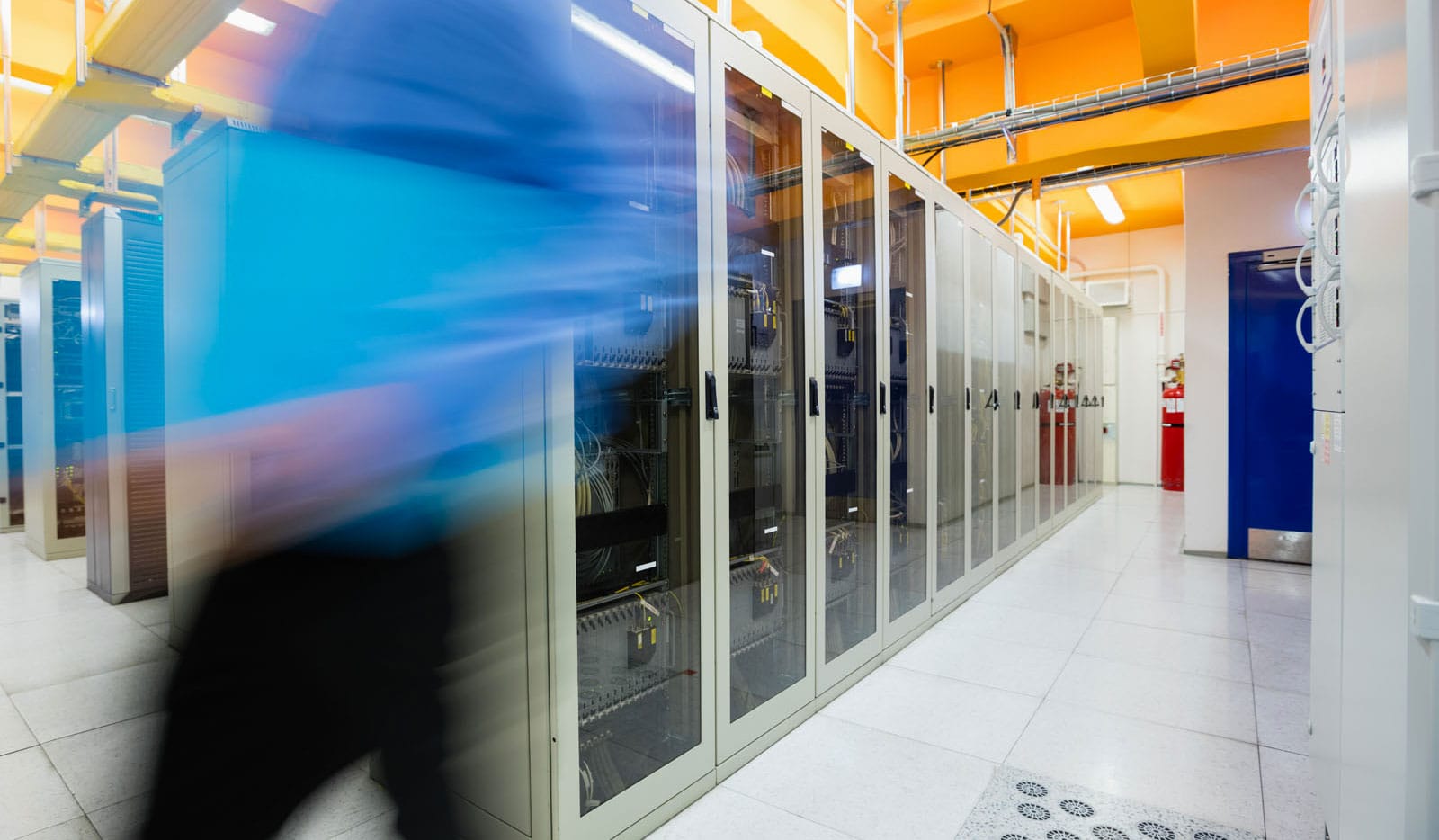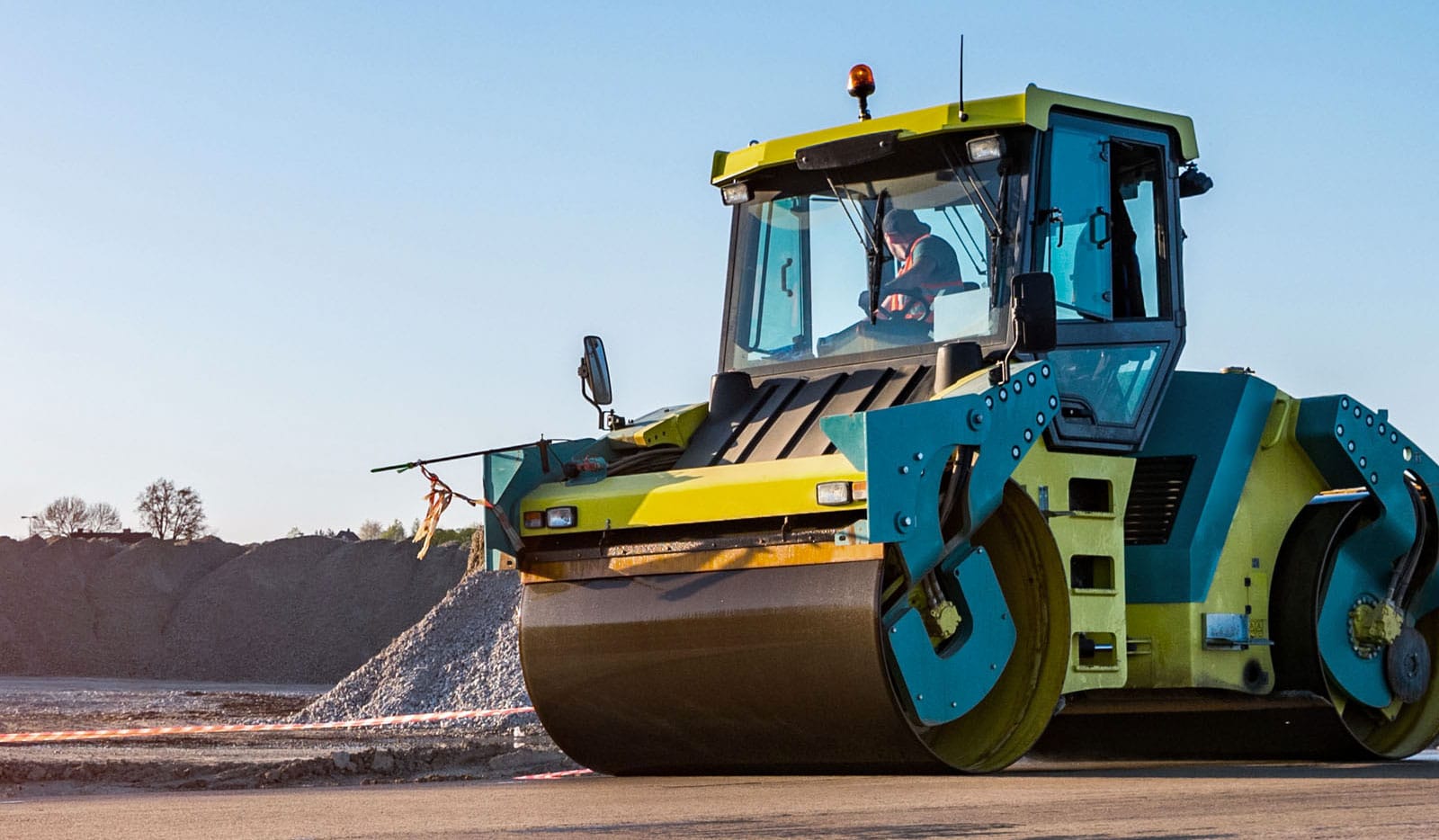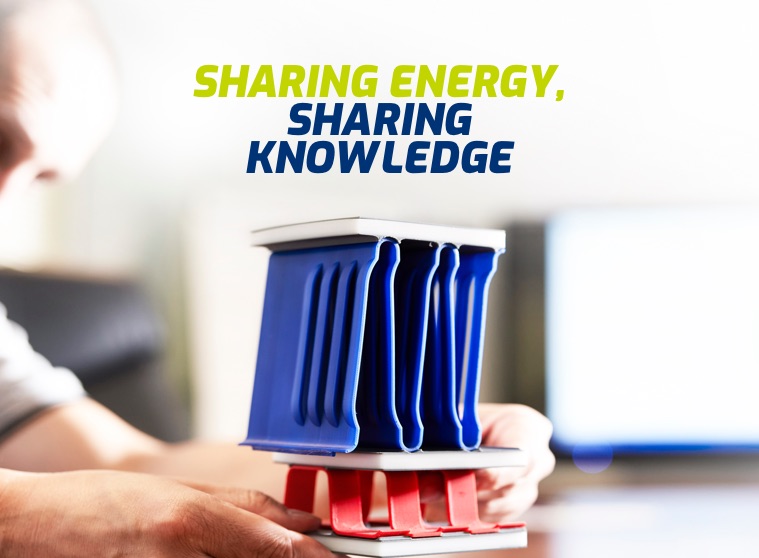The current situation on climate change
The Intergovernmental Panel on Climate Change (IPCC) warned that global warming must not exceed 1.5 °C to avoid a catastrophic impact on climate change.
Unfortunately, despite measures by governments, companies and civil society; total anthropogenic greenhouse gas (Ghgs) emissions keep increasing: average global temperatures are expected to rise from 3.7 C° to 4.8 C° by the end of this century, far beyond the safety standards established by the international scientific community.
Globally, companies play a key role in reducing greenhouse gas (GHG) emissions and building an economy that will lead to a Carbon Neutral economy.
In 2019, the United Nations Global Compact launched the “Business Ambition for 1.5 C° – Our Only Future” campaign to encourage all participating companies in the climate transition.
In order to do this, companies like Oesse are called upon to implement “scientific” business goals (Science-Based Targets).
The Science-Based Targets initiative (Sbti) are born with the intention of leading companies in the direction of an ambitious Climate Action and inspired by scientific evidence.
We are therefore very proud to be part of this initiative and to be participants in the change ourselves.

Science based
The Science-Based Targets initiative was created with the aim of guiding companies in setting ambitious climate change mitigation targets to ensure that their Climate Action is in line with scientific objectives.
In order to translate a global warming target into an emission reduction target, a company considers three approaches, each of which corresponds to a specific type of target:
Absolute-based approach
The percentage reduction of absolute emissions of a given scenario is applied without distinction to all undertakings.
Target: Absolute emission reduction [tonCO2e]
Absolute-based approach is also the approach we adopted in Oesse.
Sector-based approach
The global carbon budget is divided between the different sectors, so the reduction of emissions is allocated to individual companies based on the carbon budget allocated to the sector and the company’s output.
Target: Reduction of physical intensity [tonCO2e/activity data]
Economic-based approach
The global carbon budget is related to the global Gross Domestic Product (GDP), so the emission reduction expected by each company is based on the Added Value generated by each (the sum of the Added Value of all companies is equivalent to the global GDP).
Target: Reduction of economic intensity [tonCO2eq/Gross Profit]
The 5 stages of project membership:
- COMMIT: Submit a letter establishing your intent to set a science-based target
- DEVELOP: Work on an emissions reduction target in line with the SBTi’s criteria
- SUBMIT: Present your target to the SBTi for official validation
- COMMUNICATE: Announce your target and inform your stakeholders
- DISCLOSE: Report company-wide emissions and progress against targets on an annual basis
Why introduce the Science Based Target?
Setting challenging targets stimulates the adoption of innovative technologies and processes, placing companies in a leadership role.
This is why Oesse is committed to strategically managing climate risk.
This offers an advantage over the international scene and is a source of trust for investors, customers, workers and organizations.
Our role is also to anticipate future regulations and to acquire a privileged role in the development of new legislation.
We have placed people and the environment at the heart of our business strategy, because we believe that sustainable growth is an act due to future generations.
Francesco Scandolo

Numbers speak for us:
We are proud to say that Oesse wants to take care of the climate and is one of the 600 European companies that participated in this commitment and one of the 31 Italian companies, as reported in this article.
Oesse’s commitment
We settled a short-term target: 1.5°C by 2030.
This target was approved using a streamlined target validation route, reserved exclusively to small and medium-sized enterprises (SMEs).
https://sciencebasedtargets.org/faqs-for-smes/
Oesse srl is committed to reducing the absolute emissions of Scope 1 and Scope 2 GHG by 50% by 2030 from a base year 2018, and to measuring and reducing the emissions of Scope 3.

Partner Organizations



In Collaboration With

